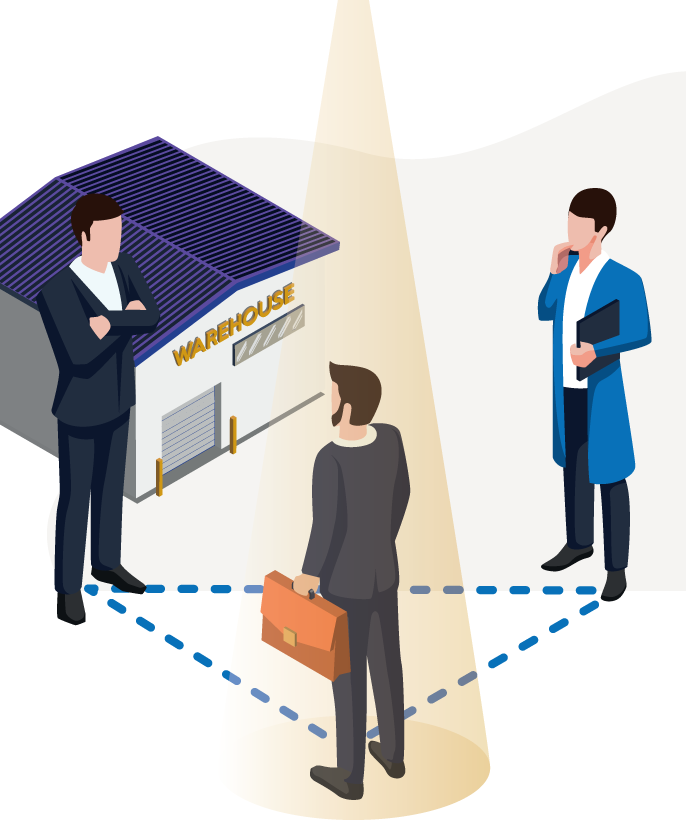Quantum in industry
The quantum computing industry is a superposition of viewpoints, from start-ups to global corporations.
Michael Wimmer & Giordano Scappucci
The present and future industry around quantum computers involves a variety of business stakeholders, from small startups and spin-offs to global corporations. Scratching below the surface of the media feeding frenzy, we learn that quantum computing is seen by different stakeholders from different viewpoints. In our stakeholder discussions, we have asked for analogies to understand how quantum computing is expected to impact the world around us.
What is a quantum computer like?
Differently from the portrait we find in the popular press, quantum computing has little to do with a moon-landing effort, but is rather a continuous progress. On the one hand, a quantum computer could be considered like an iPhone: although designed as a mobile phone, we are now using it almost exclusively for other tasks. In the same spirit, a quantum computer will enable use cases we cannot imagine now. On the other hand, we could think of a future quantum computer as a quantum processing unit (QPU), a specialized tool designed to solve specific problems, just like a graphic processing unit (GPU) today. As GPUs became more affordable, new use cases were implemented, for example Artificial Intelligence (AI). The same might happen with quantum computers if they become more affordable. Also from a business perspective, there is a similarity between AI and quantum computing: The goal should be to search for testbed pockets where quantum algorithms provide a huge advantage.
Compared to traditional computers, a quantum computer is very different: It was known for a long time how to program a digital computer, even before computers were available. Programming a quantum computer is still in its very early stages and far less obvious. Furthermore, unlike in the semiconductor industry, there is no standard hardware platform yet. However, a quantum computer is also very similar to a traditional computer: we need to build a value chain now. Economically, it might be less relevant to be able to build a quantum computer completely, but rather where the most value is generated. Like in classical computers, most likely breakthroughs will be identified later in a reflection phase.
A Growing Industry
As the efforts towards quantum computing unfold, interesting relationships are emerging between different stakeholders such as big companies and small startups mainly originating from academia. Several big players have entered the quantum computing arena, perhaps also for the fear of missing out. The academic roots of quantum computing are still strong in the quantum groups at big companies, since even the bigger players are still operating like a university research lab in terms of work culture. Furthermore, quantum computing programs are also a way to attract talent to big companies. In the current phase, startup companies are service providers with their specialized knowledge, while being more reliable and IP-aware than a university. Startups need the contact to both academia and industry to become the leader in their expertise. As a convincing use case for the quantum computer is still needed, more expertise than what a single company can provide is required. Looking more into the future, it is expected that for startups there will be a time of consolidation for example when big players stop certain directions or startups are being bought within the next decade.
Who
We spoke with representatives of big companies as well as small startups.
What
We asked them how they expect the commercial exploitation of quantum computing will develop.
Takeaways
A quantum computer will be specialized computing hardware and solve particular problems.
Likely, the first practical use case will be an application not thought of yet.
It is important to build up a value chain now: even without producing a complete quantum computer, significant value can be generated in lower parts of the chain.
